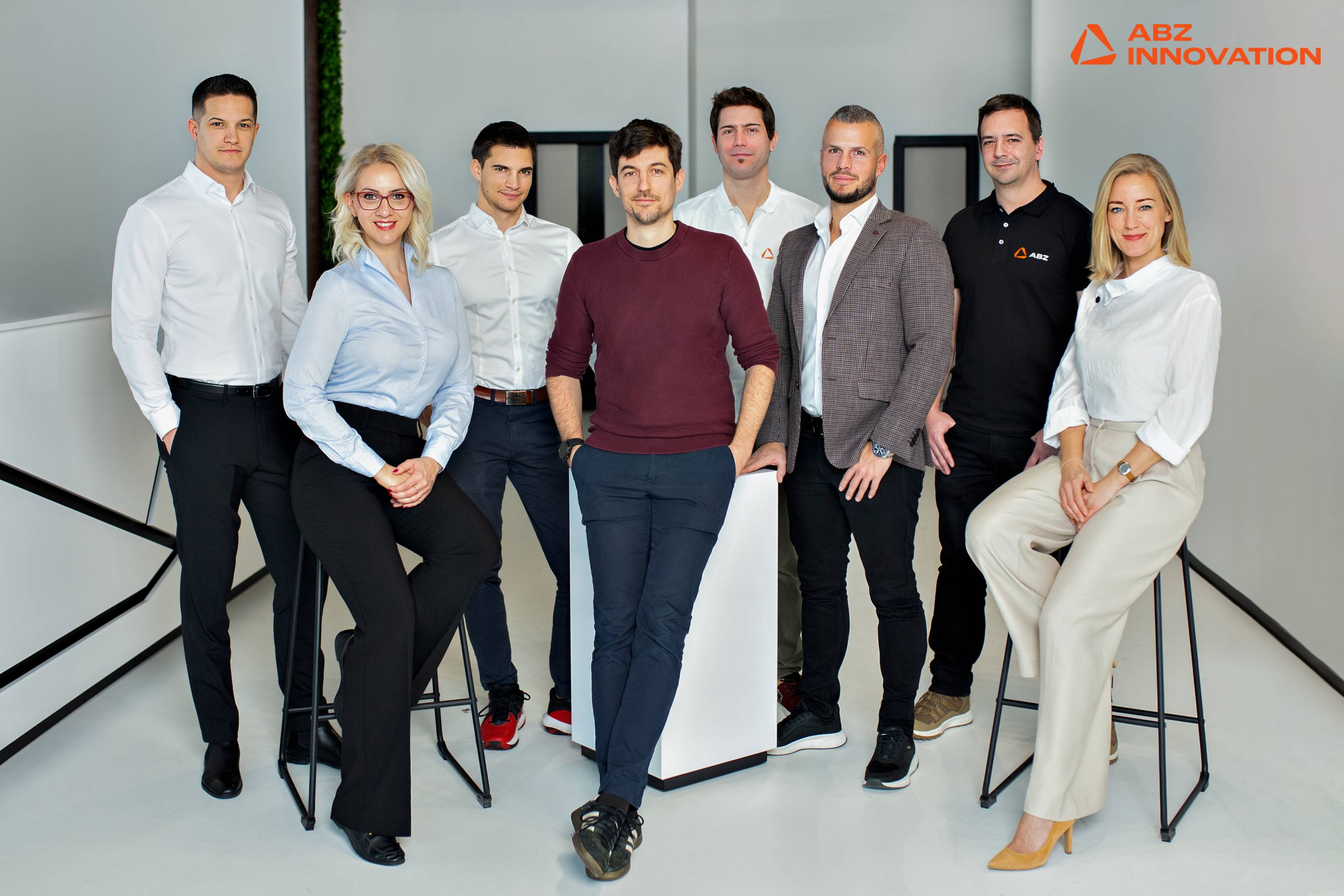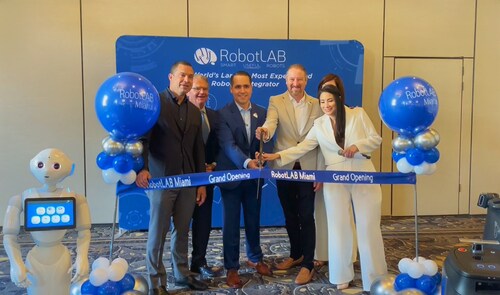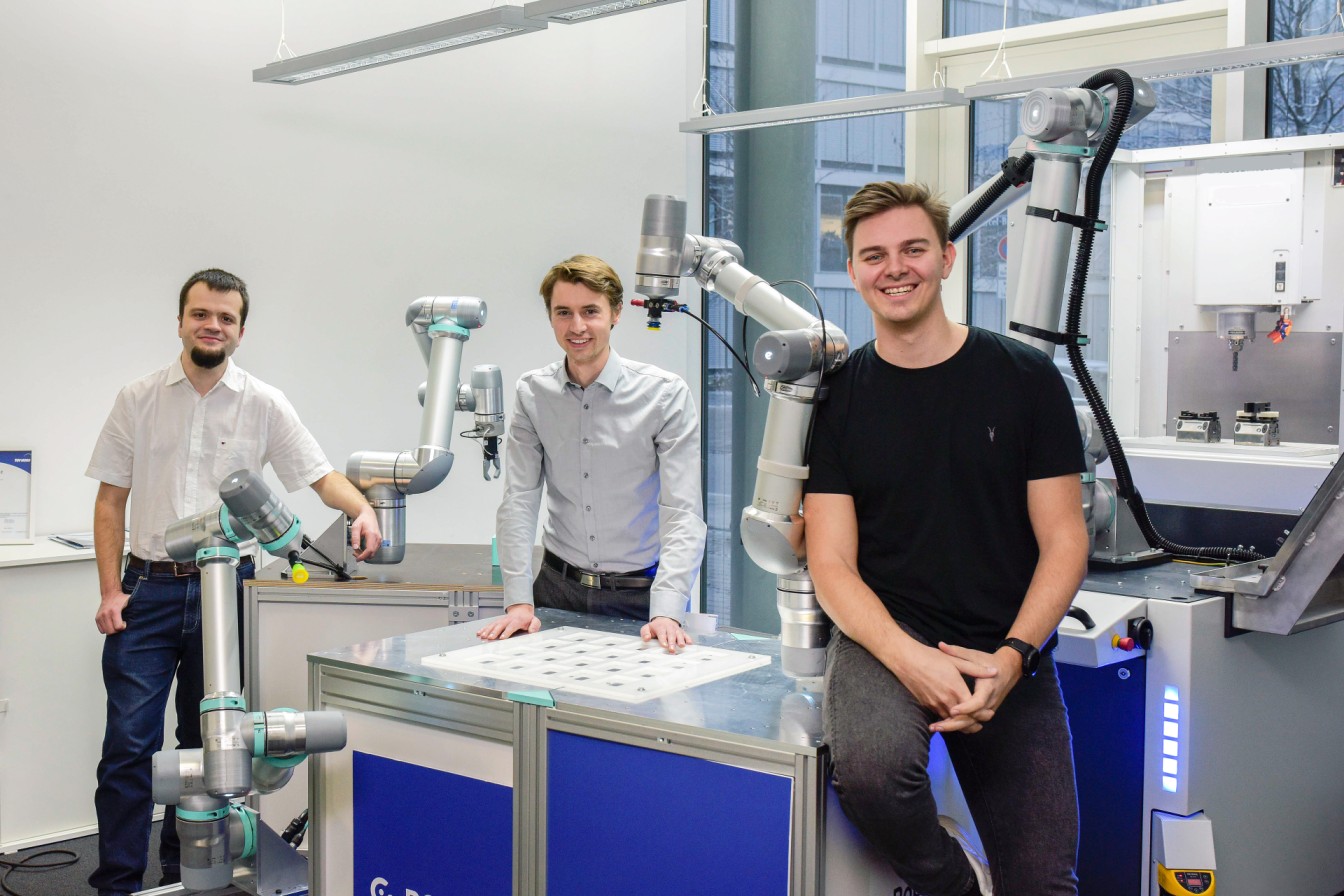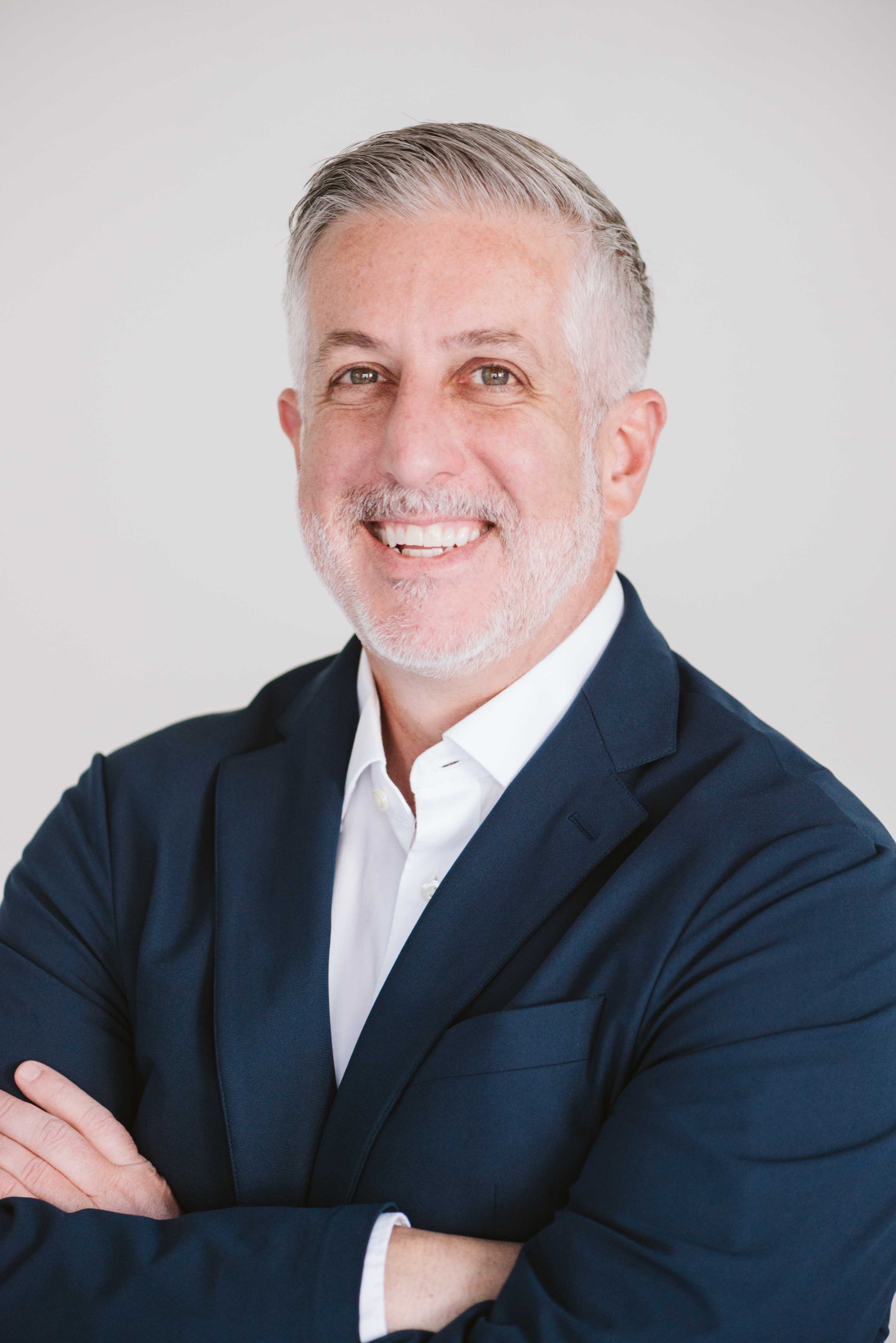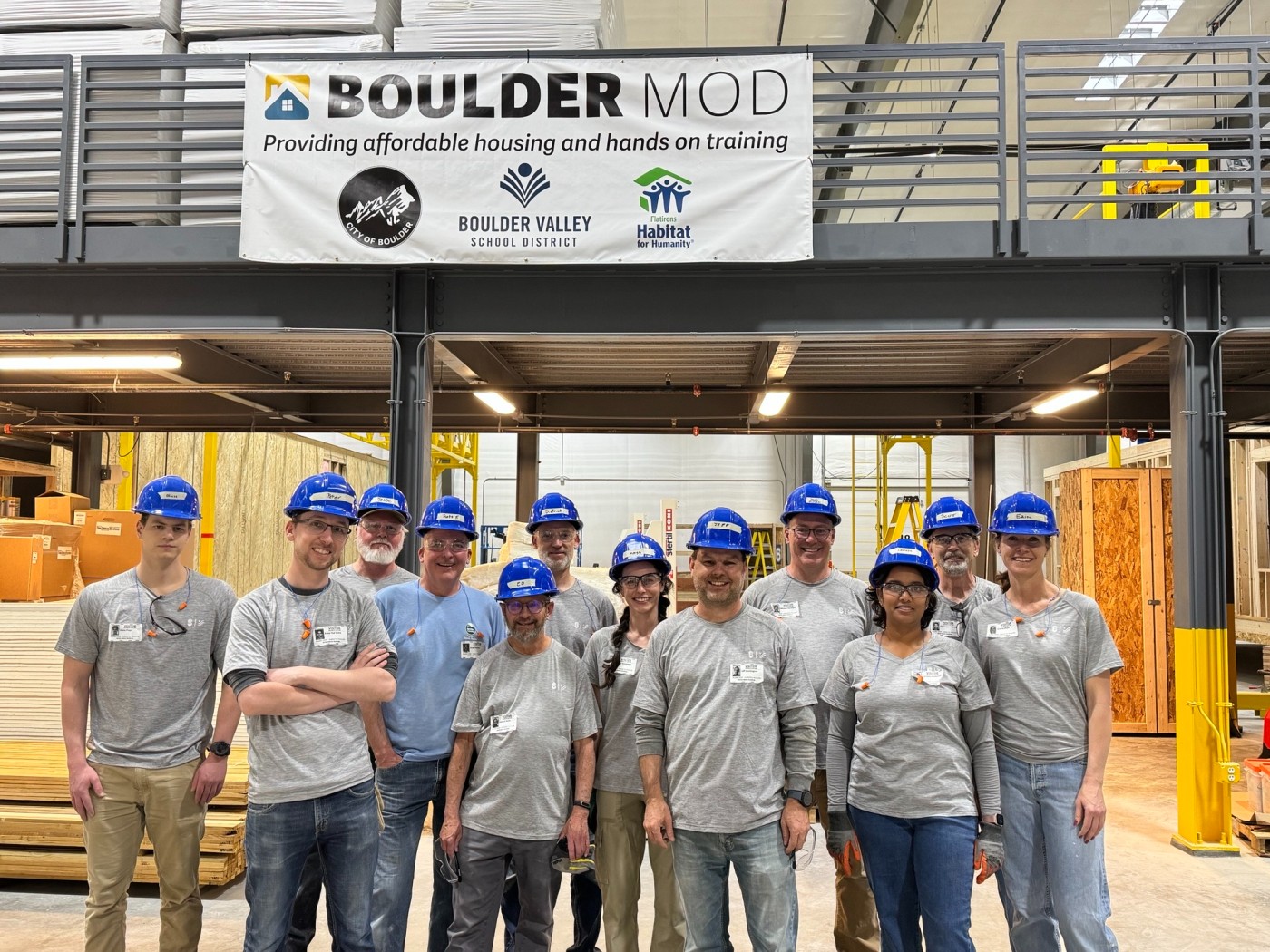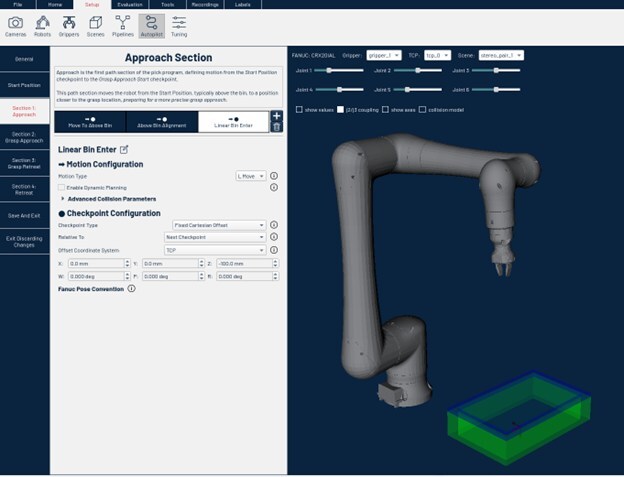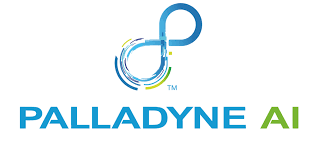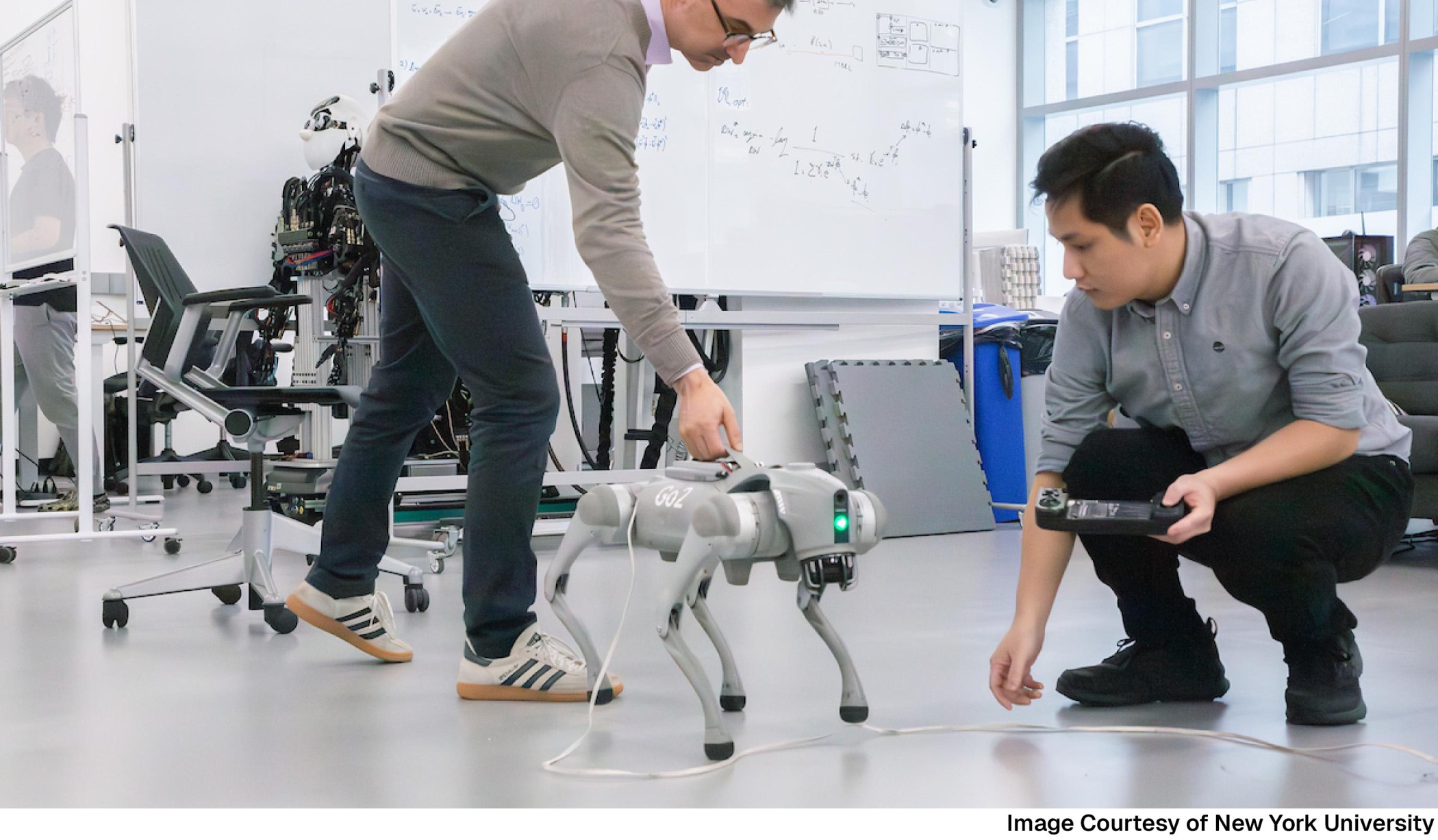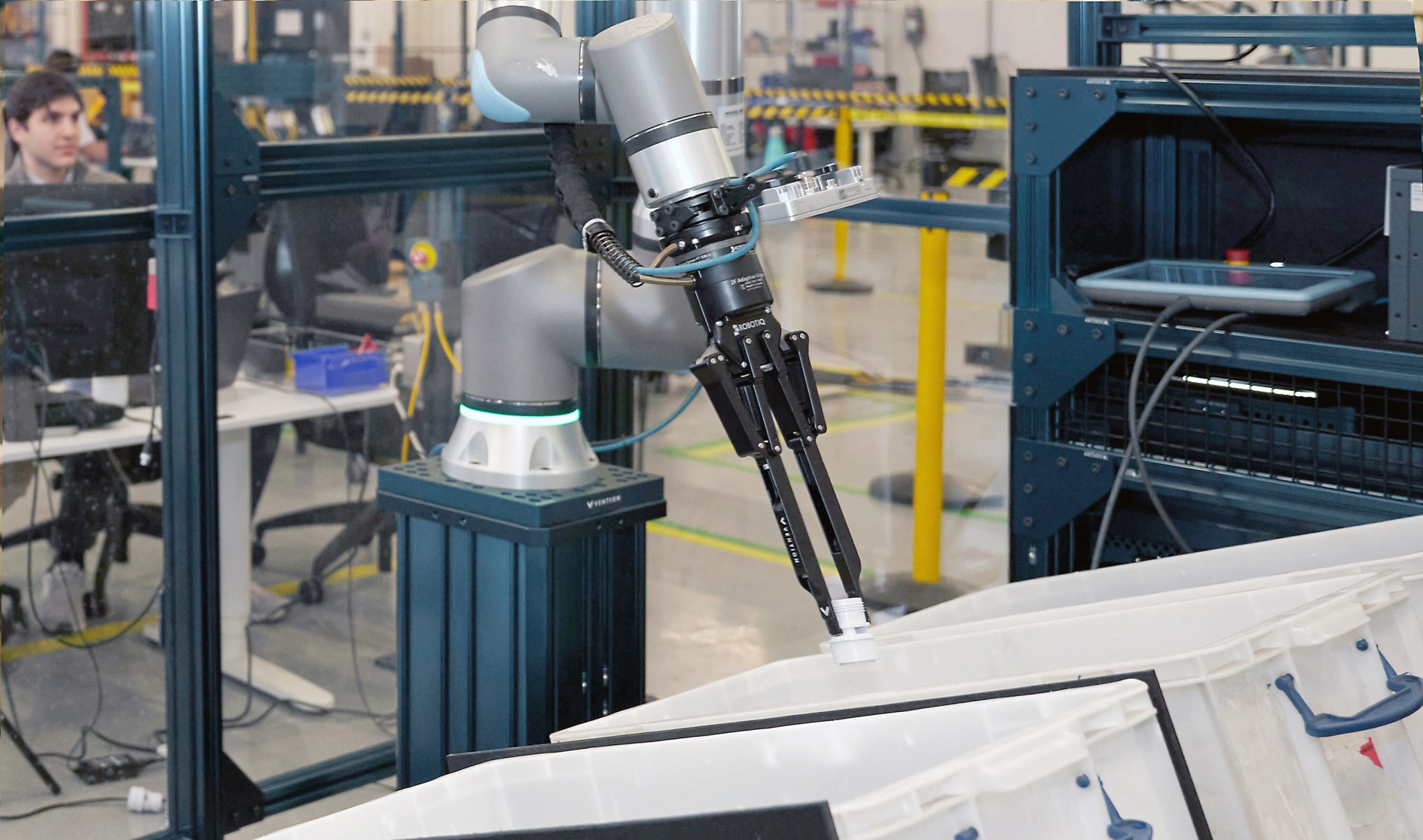First Ascent Biomedical Revolutionizes Cancer Care with AI, Robotics, and Precision Medicine Platform
The new Miami lab leverages robotics, patient-derived testing, and genomic profiling to provide personalized cancer treatments, improving outcomes by 83%.
Image Courtesy: Public Domain
First Ascent Biomedical is transforming cancer care with a novel platform that combines patient-derived testing, genomic profiling, and AI to deliver personalized treatment decisions. Its Sept. 1 lab opening will ramp up testing, which early research, published in Nature Medicine, shows improved outcomes in 83% of cancer cases.
First Ascent Biomedical, a biotech startup that uses its innovative testing platform to transform the way oncologists select therapies, has opened its second lab this year on September 1, in Miami, Florida. The debut of this facility, which is Clinical Laboratory Improvement Amendments (CLIA), supports the State of Florida's Innovation Grant and will treat 200 adult and pediatric cancer patients and process 15,000 samples annually, marking major growth for the company. Backed by proprietary research and data published in Nature Medicine, the company's functional precision medicine (FPM) platform showed improved patient outcomes in 83% of cases compared to typical care treatments. It's an encouraging sign for patients facing relapsed or refractory cancers, and a milestone CEO and founder Jim Foote calls this success, "just the beginning." (1)
Foote recalls the breakthrough moment that led to his company vision. "When I walked the journey as a parent of a child with cancer, I saw this amazing network of doctors, nurses, drug companies, hospitals, and insurance companies all working together to save my son's life," Foote said. "Yet, I also saw firsthand how few tools and technology doctors had at their fingertips to make such important decisions when their standard of care isn't working."
Cancer care has not changed significantly in 25 years, and with his background in using technology to solve complex problems for business leaders, Foote saw a solvable problem. (2)
The platform integrates three components—patient-derived cell testing, genomic and transcriptomic profiling, and artificial intelligence—to generate ranked lists of potential therapies. By exposing patient-derived tumor cells to hundreds of FDA-approved drugs, the system produces a drug sensitivity score within 10 days, enabling oncologists to make more informed treatment decisions in real time.
Personalized Cancer Response
Not all patients are alike, and neither are their cancers. First Ascent's platform is designed to personalize treatment plans for both solid and liquid tumors. Diana Azzam, PhD, cancer researcher and Scientific Director of the Center for Advancing Personalized Cancer Treatments at Florida International University, and co-founder of First Ascent Biomedical, explains that the power and First Ascent's promise of Functional Precision Medicine lies in its ability to disrupt the "one-size-fits-all" approach to cancer care.
"We can test living cancer cells outside the body against thousands of FDA-approved drugs. We can also see when drugs will be toxic to the patient or when a steroid treatment is accelerating tumor growth," Azzam explained. "This is a less invasive, more precise, and faster way to find the best treatment, and our research has shown an 83% better result than the usual standard of care. Our goal is no more guessing; the more data we get from testing, the more precise our results will be."
First Ascent's advancements in providing faster, more precise cancer care —for both pediatric and adult patients— come as the United States recognizes Childhood Cancer Awareness Month in September and Breast Cancer Awareness Month in October. Recent statistics highlight the state of treatment nationwide:
- In 2025, the U.S. will see an estimated two million new cancer diagnoses and 600,000 cancer-related deaths, underscoring the significant clinical burden physicians face.(3)
- While five-year survival rates stand at 70% for most forms of cancer, other studies show early-onset cancer incidence is climbing, particularly in colorectal and breast cancers.(4)
- 90% of cases occur in individuals aged 50+, but younger patients are showing rising diagnosis rates.(5)
First Ascent's platform functions as a clinical decision-support tool, equipping oncologists with patient-specific data that can be combined with clinical context such as immune system status and treatment tolerability. Built for scalability, their platform integrates automation, robotics, and AI to make functional precision medicine both accessible and cost-effective.
Clinical and Development Progress
- Laboratories: On September 1st, First Ascent opens its second Miami, FL lab, a Clinical Laboratory Improvement Amendments (CLIA) validated facility that can begin accepting patients. This site is supported in part by a Florida Innovation Grant that First Ascent was awarded to test 200 cancer patients in the state.
- Studies: Three clinical studies completed; two ongoing.
- Regulatory Pathway: FDA Breakthrough Device Designation in progress, initiating a three-year pathway to commercialization.
First Ascent Biomedical is pushing the boundaries of what is possible in precision oncology. "We're not just trying to incrementally improve cancer care—we're fundamentally changing the equation," said Foote. "By giving doctors real-time, personalized insights into how each patient's tumor actually responds to treatment, we're replacing guesswork with data, and hope with action."








